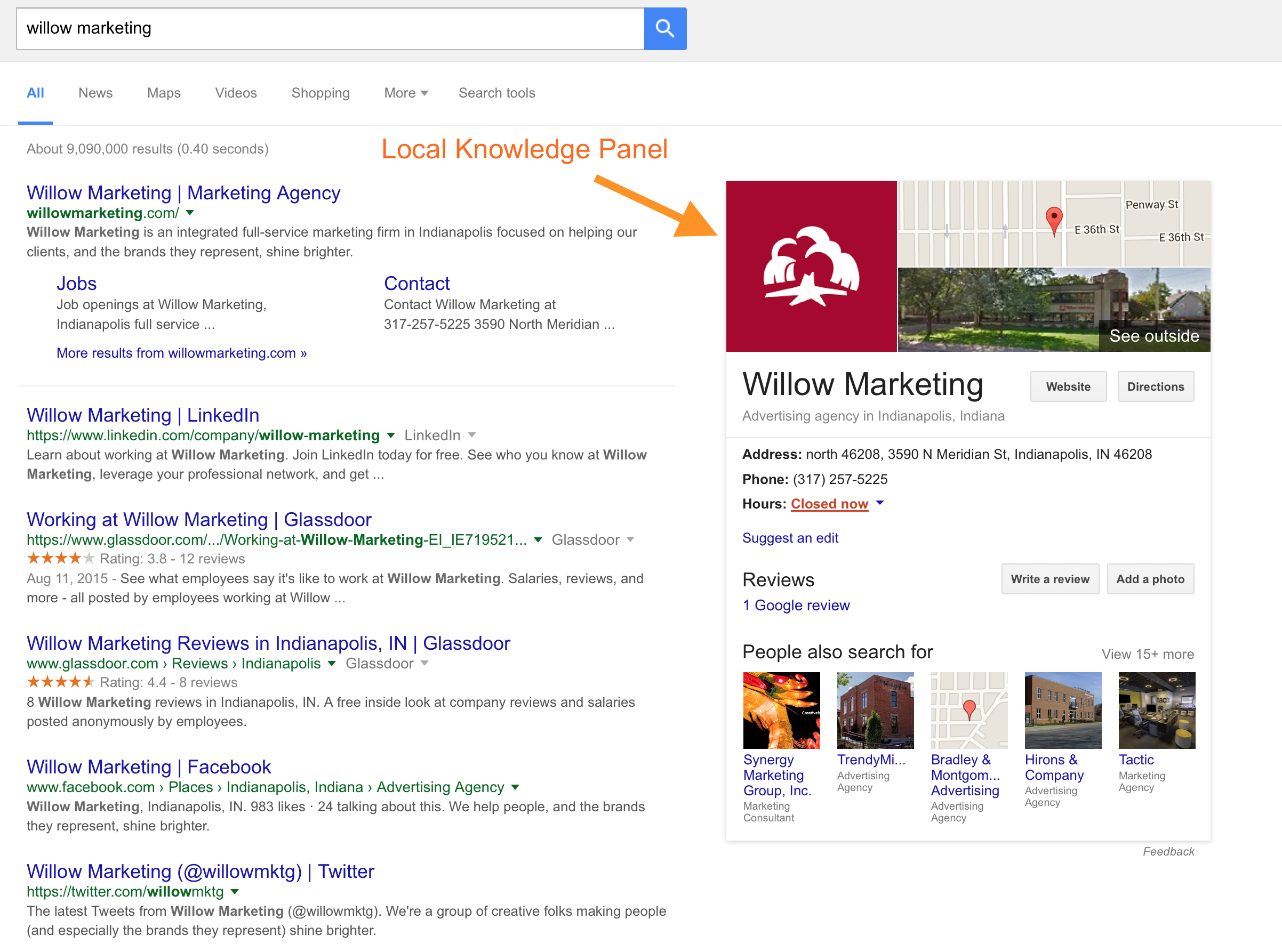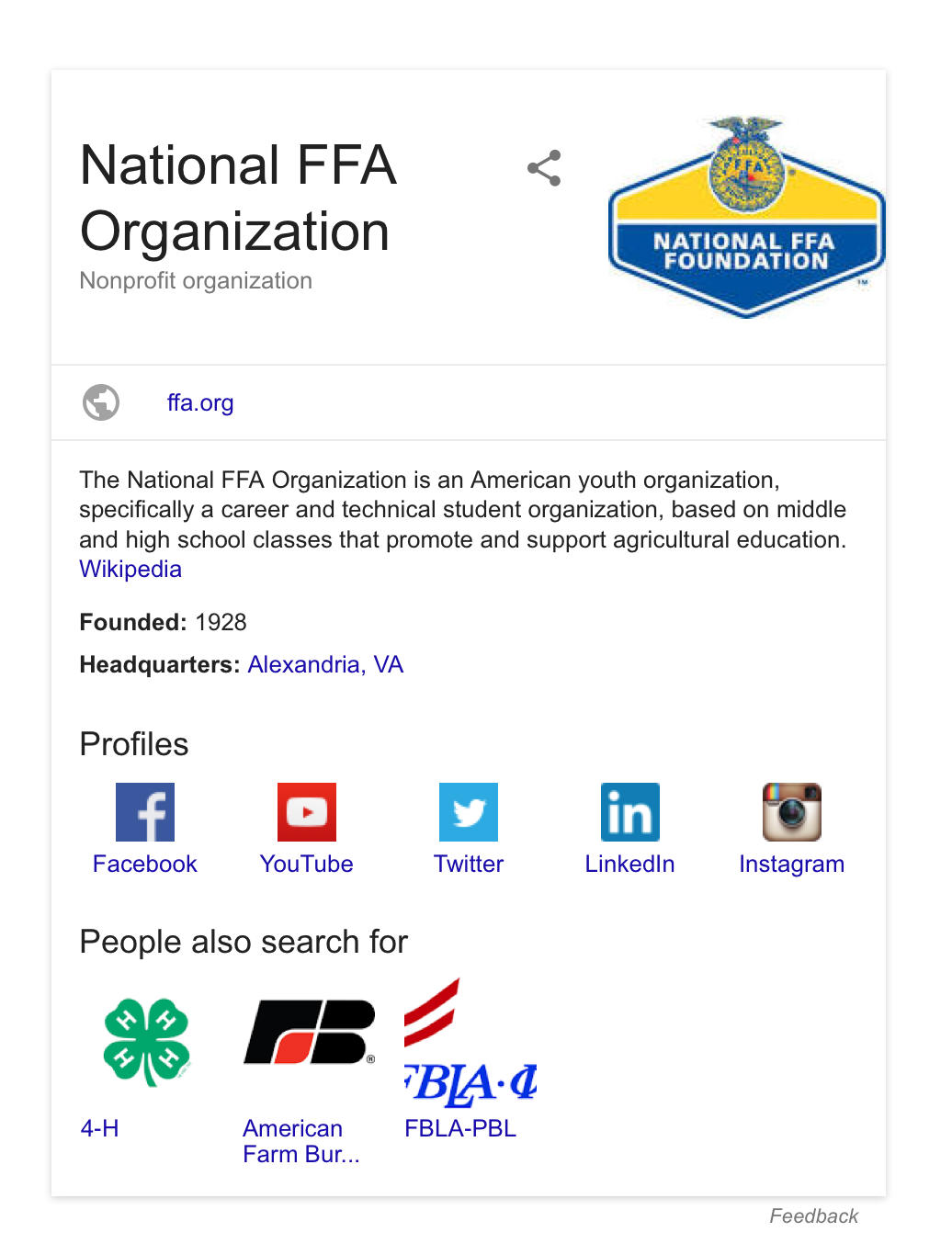As a marketing agency that offers digital marketing expertise, we work with many trade associations and member organizations on their search engine optimization (SEO). Goals for these groups are often quite different from more retail-focused businesses—but does that mean their SEO needs to be handled differently?
The short answer is no; the basic tenets of SEO (which we’ve begun to explore here) apply to all websites of any size, focus, or structure. However, there are a few best practices specifically helpful for trade and member associations that will lead them to accomplish their goals more quickly. Luckily, we have an SEO expert here to make sure you’ve got your bases covered! Haley Kuehl is a digital marketing consultant with a passion for search engine optimization—it comes from being both a lover and connoisseur of words and technology. She enjoys working with Willow to help organizations both big and small grow their online presence.
SEO Best Practices for Associations
By Haley Kuehl
1. Create a knowledge panel
An important objective for any organization is to own the landscape around your brand. When it comes to search engines, this means not only ranking #1 for your association’s name but also owning the search engine results page (SERP) through local search results and knowledge panels.
Below, you can see Willow’s local knowledge panel, which includes a map to our office, our phone number, reviews, and other helpful information to help searchers get in touch with us. It’s a quick and easy way for people to find what they need when they search for Willow. It also gives immediate credibility to our brand.

If you’re not local to your searchers, you can also appear in a brand knowledge panel, which includes a description of your organization (usually pulled from Wikipedia), your logo, and other relevant information. Here’s the brand knowledge panel for one of our clients, the National FFA Organization.

Getting a knowledge panel isn’t always easy—Google chooses if and when a search query should result in a knowledge panel, so you don’t have control over when you appear. But you can increase your chances by taking the following steps:
- Create a Wikipedia page for your association
- Create a Google+ page for your organization—be sure to verify it
- Set up any applicable schema.org structured data on your site
2. Submit a site map
Does this sound familiar? You’re on an organization or brand’s website and can’t find the information you’re looking for. Instead of digging further into their navigation and searching through pages, you pop up to your address bar or search box and look for it in Google instead.
Web searchers often use Google as an easy shortcut for finding information on a website, which means it’s important to make sure Google works for you. To ensure all of your content shows up in Google’s index, create a .xml sitemap that lists all of your pages. This can be easily done in most website platforms—in fact, your platform may have already created one for you.
Once you have a sitemap, you can submit it to Google through the Search Console. Google will crawl your map and let you know of any errors, allowing you to verify that all pages are being indexed and made available for people to find. This is the first step towards making sure your association has a healthy reach on search engines.
3. Optimize content to attract and engage potential and existing members
Trade and member associations often have extensive content resources and many pages on their sites, meaning they have lots of opportunities to show up in search engines, even when a searcher isn’t specifically looking for their organization. Many associations are involved in philanthropic efforts, lead promotional or community events, or are credible experts on common issues or topics interesting to a wide audience. By using commonly-searched keywords to make your content show up more often, you can introduce people to your association and work at the perfect time—when they’re searching for something related. Use a tool (like Google’s Adwords Keyword Planner or Keywordtool.io) to identify which keywords people are searching for, then incorporate them as appropriate in prime locations on the page, including:
- URLs
- Title tags
- Heading tags
- Image alt text
Making your content more visible in search also gives you wider reach to your existing members, who will see their association appearing in results and likely grow more engaged in what your association is doing.
4. Take advantage of opportunities to get links
Links are still one of the most influential ranking factors for search engines: the more links you have from different, reputable domains, the stronger your site looks to Google. Fortunately, associations often have an advantage over other organizations when it comes to links—not only are associations naturally shared and mentioned by their members, but active groups engage in activities conducive to links and promotion as part of their normal operations. Community events, partnerships with other organizations, conferences, conventions, sponsorships, charitable endeavors—all are opportunities to earn links. Ask your PR team to look for chances to incorporate links into your marketing strategy, and they’ll likely find opportunities in what they’re already doing.
A note of caution: Google can be strict about any behavior they consider to be manipulating search results. This includes paying for links. Make sure the links you earn are truly earned.
5. Use login walls effectively
You likely have some content on your site that is for members only and isn’t suitable for public consumption. However, be sure that your strongest content—the content people will want to share and link to—isn’t hidden behind a login wall. Otherwise, the links and mentions you receive around the web from this content will fail to help your SEO efforts.
If you’re a trade association or member organization that wants to increase search engine traffic to your site or improve your appearance in search engines, get in touch! We’re happy to help.
